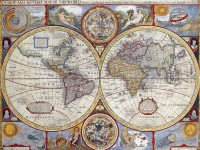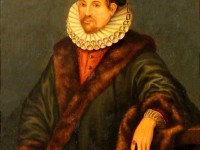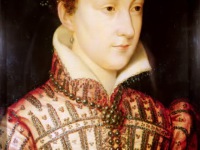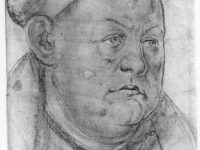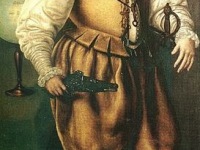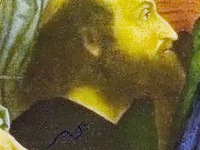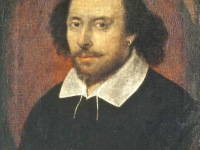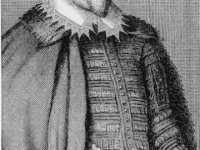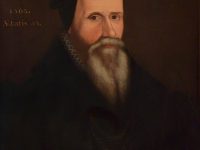John Speed and his Atlas of the British Isles
On July 28, 1629, English cartographer and historian John Speed passed away. He is considered the most famous of English map-makers. His best-known work is a landmark: the first atlas of the British Isles, the Theatre of the Empire of Great Britaine (1612), which was reprinted for well over a century after his death. Framed productions of maps from his atlas remain popular to hang in homes. John Speed – “An Ambitious,…
Read more

